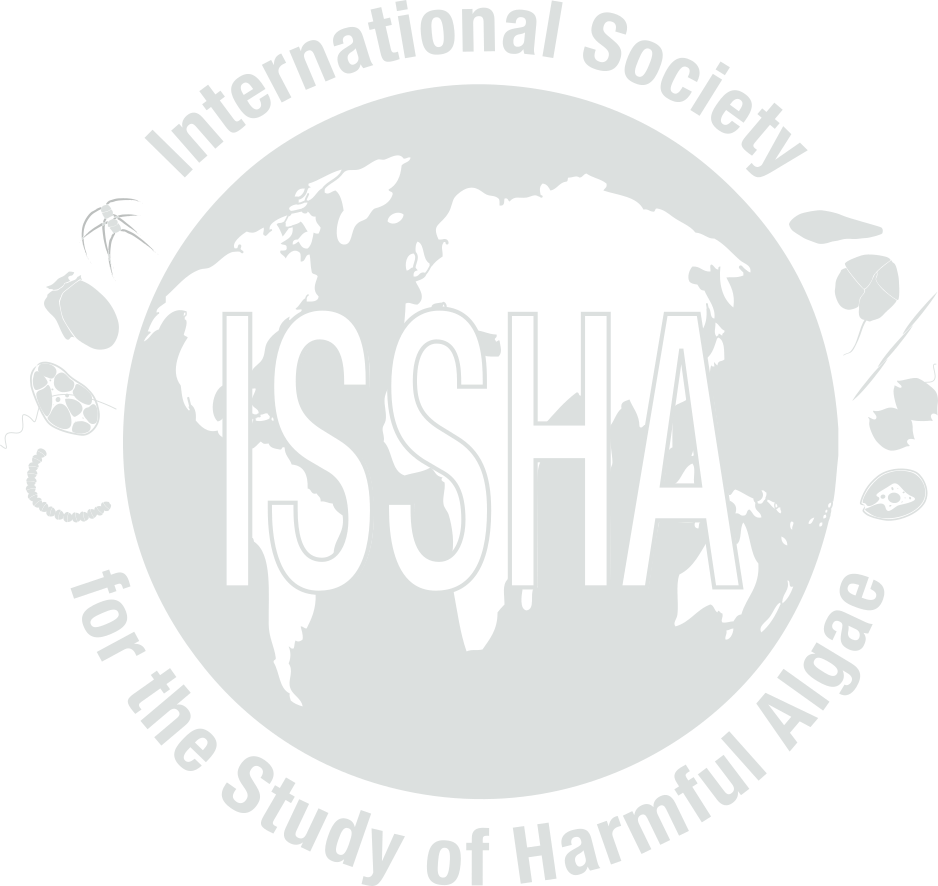


| Event name: | ES-06-002 | |
| Country: | SPAIN | |
|
Nature of the harmful event: |
High Phyto concentration | |
|
Event directly affected: |
Planktonic life , Humans | |
| Toxicity detected: | No | |
| Associated syndrome: | PSP | |
| Unexplained toxicity: | ||
| Species implicated in toxin transmission (transvector): | ||
| Report the outcome of a monitoring programme: | Yes (EU Project SEED & Pla de Vigilancia de Fitoplancton Toxic i Nociu a la Costa Catalana) | |
| Event occurred before in this location: | Yes (Since 1996) | |
| Individuals to contact: | VILA, Magda , GARCÉS, Esther , MASO, Mercedes | |
| Location: | Latitude: 41.566667, Longitude: 2.550000 | |
| General location information: |
Areny Harbour, NE Spain, Catalonia HAB Area code(s): ES-22 |
|
| Additional location information: | Bloom confined inside a harbour. Not bloomming concentrations were detected outside. | |
| Bloom event dates (yyyy/mm/dd): | Start: 2006/02/17, End: 2006/05/12 | |
| Quarantine levels dates (yyyy/mm/dd): | ||
| Additional date-related information: | This year A. minutum was recorded during the first half year, acheving cell cocentrations below a milion of cells per liter. Maximum cell concentrations were on 2/4/06 (215212 cells/L). High cell concentrations were also recorded at Vilanova harbour (max. conc. 354.410 cells/L on 12/06/06) and Estartit harbour (max. conc. 442390 cells/L on 06/06/06). This species is widespread along all the Catalan coast. | |
| Causative organism known: | No | |
| Causative Species/Genus: | ||
| Co-Ocurring Species/Genus: | ||
| Chlorophyll concentration, if known: | 1,45 - 2,69 µg/l | |
| Additional bloom information: | ||
| Event-related bibliography: | Vila, M., Camp, J., Garcés, E., Masó, M. and Delgado, M. (2001) High resolution spatio-temporal detection of HABs in confined waters of the NW Mediterranean. Journal of Plankton Research, 23: 497-514. Calbet A, Vaqué D, Felipe J, Vila M, Sala MM, Alcaraz M, Estrada M (2003). Relative grazing impact of microzooplankton and mesozooplankton on a bloom of the toxic dinoflagellate Alexandrium minutum. Mar Ecol Prog Ser, 259, 303-309. Garcés E, Bravo I, Vila M, Figueroa RI, Masó M, Sampedro N (2004). Relationship between vegetative cells and cyst production during Alexandrium minutum bloom in Arenys de Mar harbour (NW Mediterranean). J. Plankton. Res,26 (6), 637-645. Galluzzi L, Penna A, Bertozzini E, Vila M, Garcés E and Magnani M (2004). Development of real-time PCR assay for rapid detection and quantification of Alexandrium minutum (dinoflagellate). Applied and Environmental Microbiology, 70 (2), 1199–1206. Vila M., Giacobbe MG, Masó M, Gangemi E, Penna A, Sampedro N, Azzaro F, Camp J, Galluzzi L (2005). A comparative study on recurrent blooms of Alexandrium minutum in two Mediterranean coastal areas. Harmful Algae, 4(4), 673-695. Vila M, Garcés E, Masó M, Camp J (2004) Phytoplankton Assemblages During Recurrent Alexandrium minutum Blooms in a Mediterranean Harbor. In: Steidinger KA, Landsberg JH, C.R.Tomas, (eds) G.A. Vargo (eds). Harmful Algae 2002. Florida Fish and Wildlife Conservation Commission, Florida Institute of Oceanography, and Intergovernmental Oceanographic Commission of UNESCO, p 20-22. Van Lenning K, Vila M., Masó M, Garcés G, Anglès S, Sampedro N, Morales A and J Camp (en prensa) Short-term variations in development of a recurrent toxic Alexandrium minutum-dominated dinoflagellate bloom induced by meteorological conditions. Journal of Phycology | |
|
||||||||||||||||||||||||||
| Nutrient information: | ||||||||||||||||||||||||||
| Temperature Range During Event: | Max: 19.6 °C, Min: 12.6 °C | |||||||||||||||||||||||||
| Salinity Range During Event: | Max: 37.5, Min: 34.2 | |||||||||||||||||||||||||
| Bloom location in the water column: |
Surface |
|||||||||||||||||||||||||
| Growth: |
In situ |
|||||||||||||||||||||||||
| Growth Comments | ||||||||||||||||||||||||||
| Additional Environmental information: | ||||||||||||||||||||||||||
|
|||||||
| Kit used: | Type of kit used: | ||||||
| Additional information: | |||||||
| Economic losses: | |||||||
| Management decision: | |||||||
| Additional harmful effect information: | |||||||
